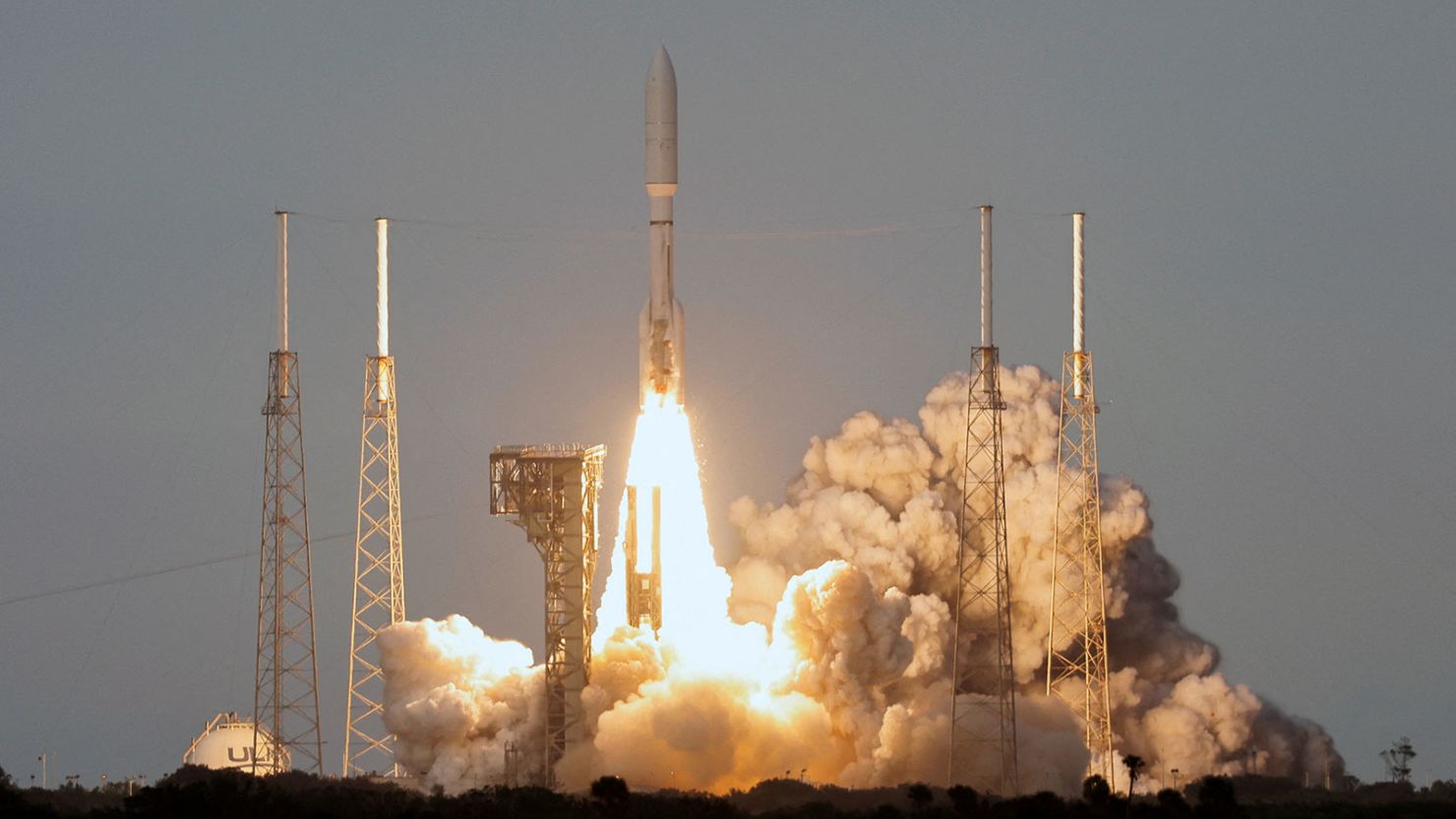Following Elon Musk’s Starlink, Jeff Bezos Launches New Amazon Project

After Elon Musk’s Starlink, Amazon’s Project Kuiper is making strides to enter India’s satellite internet market. Under the leadership of Jeff Bezos, the tech giant has approached the Department of Telecommunications (DoT) for approval of its application. This move comes as India’s satellite communications sector already features established players like Eutelsat OneWeb and Reliance Jio-SES, both of which hold necessary permits. Amazon aims to build a robust satellite communications infrastructure in India, including multiple gateways in major cities.
Amazon’s Ambitious Plans for Satellite Infrastructure
Amazon’s Project Kuiper is set to establish a significant presence in India’s satellite communications landscape. The company plans to construct ten gateways and two operational points in Mumbai and Chennai. This initiative follows Amazon’s application to the DoT, which was submitted nearly two years ago. Recently, the company communicated with the DoT, urging for a swift issuance of a letter of intent for its satellite communications authorization. This request comes shortly after the DoT granted a similar letter of intent to Starlink, indicating a competitive race in the satellite internet sector.
With satellite launches already in progress, Amazon is keen to secure all necessary approvals to commence commercial services later this year. The company successfully launched 27 satellites into orbit last month, with more launches planned in the coming months. The goal is to create a low Earth orbit (LEO) constellation that will eventually exceed 3,200 satellites, with most expected to be operational by early next year.
Competition in the Satellite Internet Sector
The satellite communications market in India is becoming increasingly competitive. Established players like Eutelsat OneWeb and the Jio-SES partnership are already operational, holding GMPCS permits and IN-SPACe clearances. Globalstar, a partner of Apple for satellite communications, has also submitted applications for operational authorization in India. Industry analysts note that the satellite capacity provided by Amazon’s Kuiper and Starlink will significantly surpass that of their competitors.
While Eutelsat OneWeb operates 648 LEO satellites, the Jio-SES partnership is set to utilize around 11 medium Earth orbit (MEO) satellites. In contrast, Starlink is planning to establish three gateways in India, while Kuiper aims for ten. This positioning suggests that the two American companies will dominate the satellite capacity available for use in the country.
Impact on Bandwidth Capacity
The introduction of LEO constellations like those from Kuiper and Starlink is expected to revolutionize bandwidth capacity in India. Currently, non-geostationary orbit (NGSO) satellites provide approximately 70 gigabits per second (Gbps) of bandwidth, while geostationary orbit (GSO) satellites offer around 58 Gbps. However, the implementation of LEO constellations is projected to increase this capacity to several terabytes, significantly enhancing internet access across the country.
As the satellite internet sector evolves, the competition between Amazon’s Project Kuiper and existing players will likely lead to improved services and greater availability of high-speed internet. The rapid advancements in satellite technology and infrastructure development will play a crucial role in shaping the future of internet connectivity in India.
Observer Voice is the one stop site for National, International news, Sports, Editor’s Choice, Art/culture contents, Quotes and much more. We also cover historical contents. Historical contents includes World History, Indian History, and what happened today. The website also covers Entertainment across the India and World.

